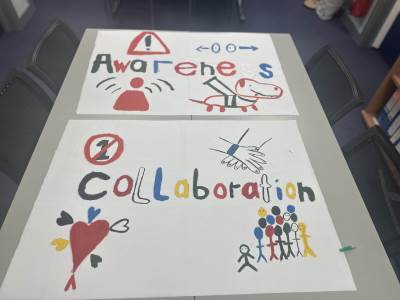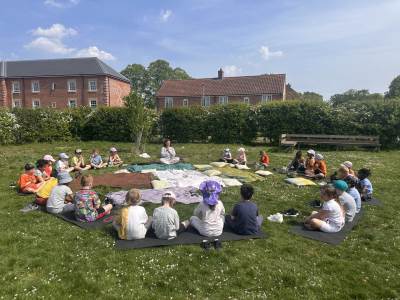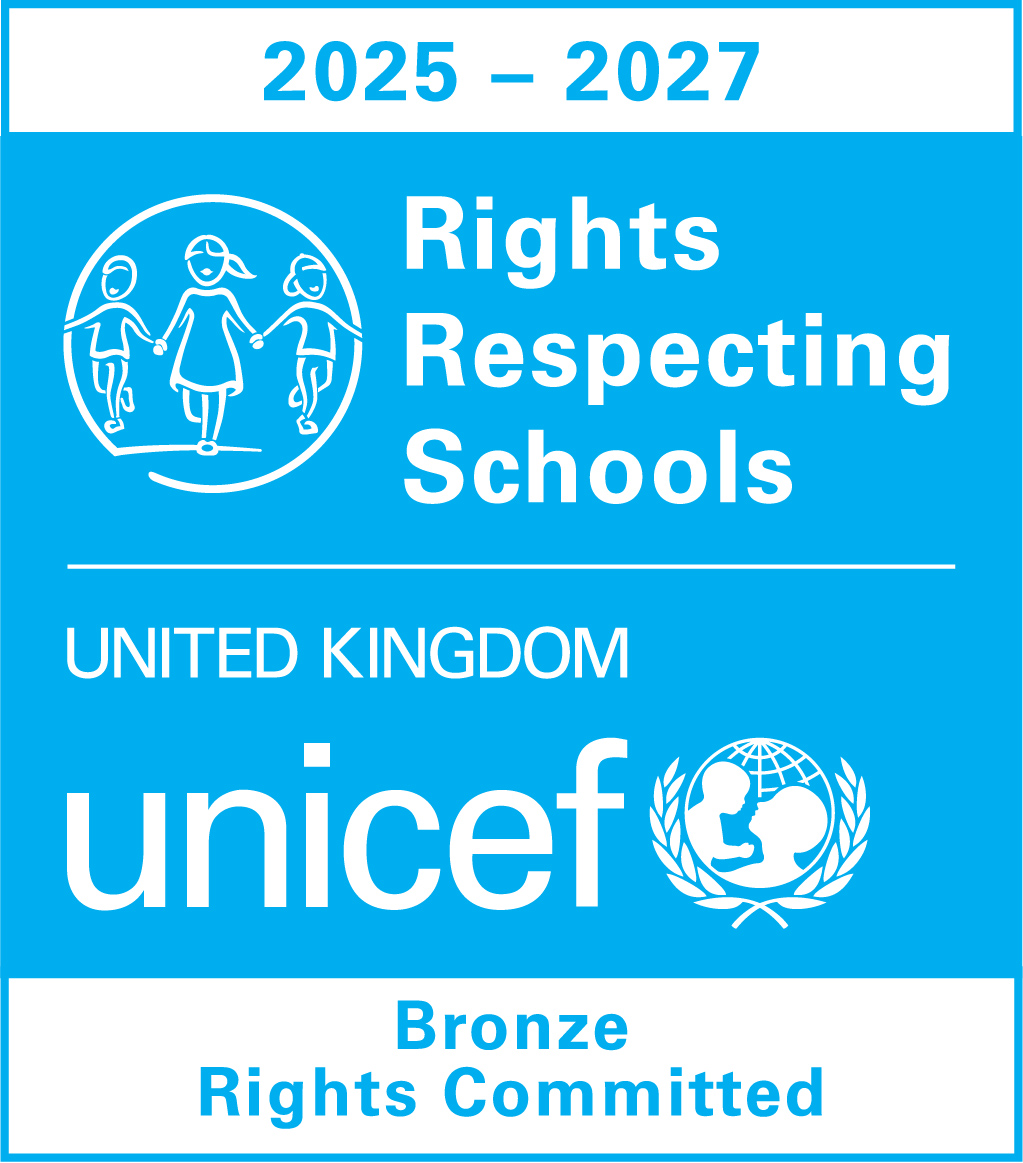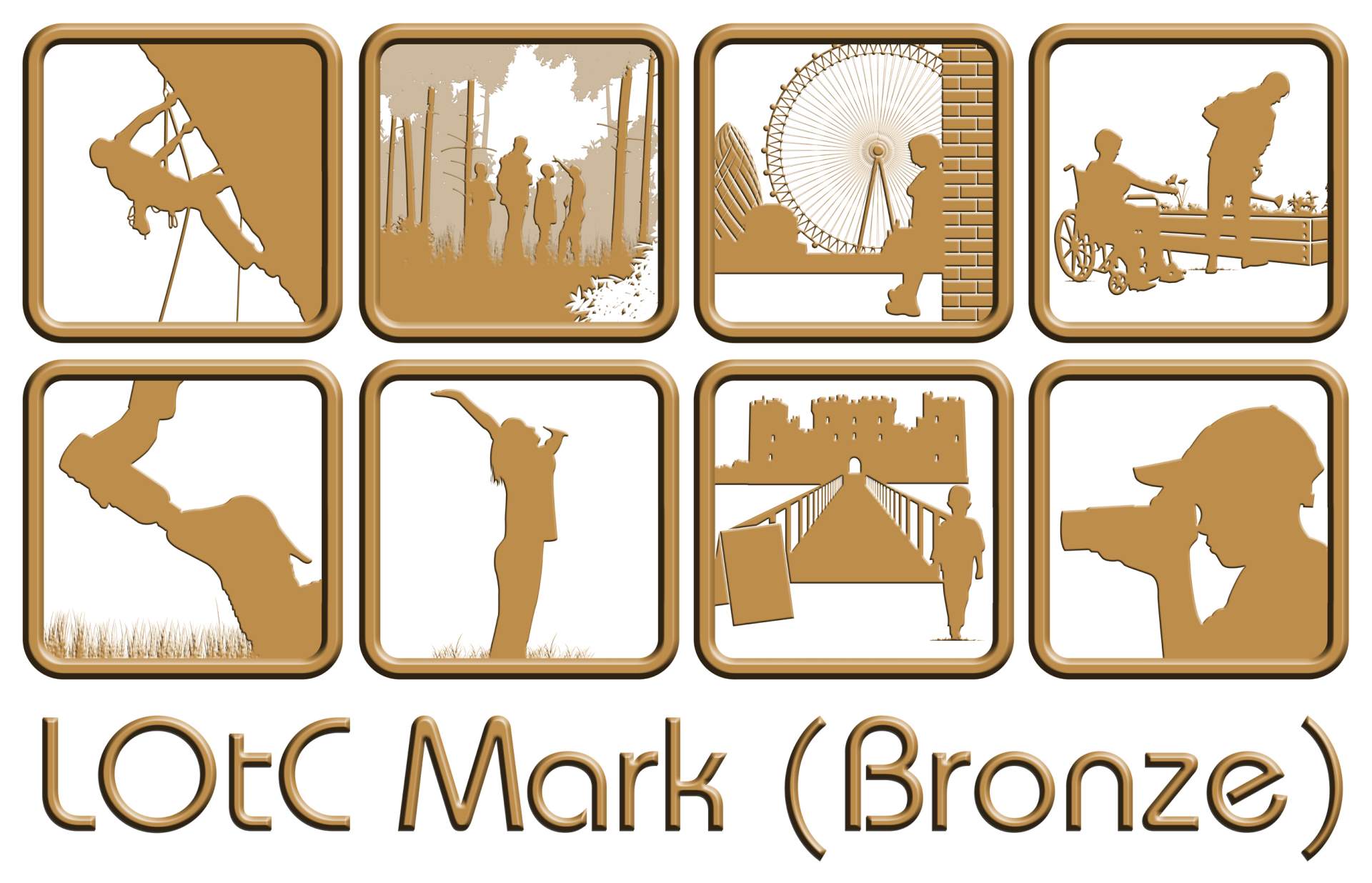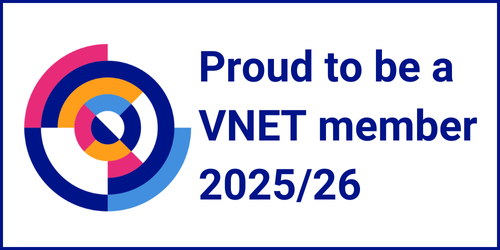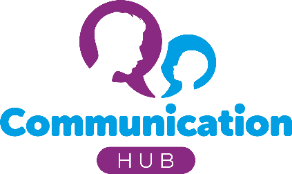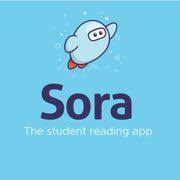Equality
Equality
Lakenham Primary and Nursery School is a school which welcomes everyone, and is proudly an inclusive school, which serves an inner city diverse community. There are 47 languages spoken and over 40% of our children being from families which speak these different languages at home. Our families are diverse, as are our staff.
Lakenham Primary School will not unfairly discriminate in the recruitment or general treatment of staff or pupils on the basis of any factor which is not relevant to academic achievement.
All staff employed show a commitment to equality of opportunity. In carrying out their functions, all staff are required to have due regard to the need to:
- Eliminate discrimination and other conduct that is prohibited by the Equality Act 2010.
- Advance equality of opportunity between people who share a protected characteristic and people who do not share it.
- Foster good relations across all characteristics, and between people who share a protected characteristic and people who do not share it.
Lakenham Primary and Nursery School is committed to promoting and developing equality of opportunity in all its functions and will seek to do this by:
- communicating its commitment to equality and diversity to all members of the School community;
- communicating where responsibility lies for equality issues;
- facilitating training for decision-makers and briefings for staff and students if required;
- maintaining mechanisms for implementation, monitoring, evaluation and review;
- treating acts of discrimination as a disciplinary offence;
- consulting with trade unions, interested groups and individuals, internal and external;
- improving attainment and rates of progress by closing the achievement gap for different groups;
- ensuring the provision for children’s ‘Spiritual, Moral, Social and Cultural’ development in their learning;
- children gaining an understanding of the similarities and perceived differences between people within and outside our local community;
Children learn about Rights and Responsibilities through daily assemblies and specific days, such as United Nations Day.
Equality Objectives:
- All staff will feel confident in responding to prejudice related bullying.
- Curriculum areas are developed to address the causes and consequences of discrimination and help pupils recognise, understand and challenge stereotypes highlighted in the media or pupil perception activities.
- To maintain the low level of prejudice related bullying in relation to the protected characteristics. Where these does happen, ensure that it is followed up and the children and parents understand why it is not appropriate.
- All pupils have opportunities to participate in school visits or events which promote inclusion and diversity. E.g. Visiting a mosque or the synagogue in Norwich.
We continually monitor and evaluate our commitment to equality and diversity.
- Curriculum was written to ensure all members of the community are represented, including within the English Book Spine.
We have an Educating for Equality Mark
Public Sector Equality DutyThe single Public Sector Equality Duty (SED) came into effect in April 2011 as a result of the Equality Act 2010. It require public bodies to promote equality and replaced three pre-existing duties relating to disability, race and gender equality.
Protected Characteristics
The Department for Education (DfE) has published non-statutory advice that sets out schools' obligations under the PSED.Paragraph 5.1 explains that the PSED extends to the following protected characteristics:- Race, disability, sex, age, religion or belief, sexual orientation, pregnancy and maternity, gender reassignment
The Main Elements
Paragraph 5.1 of the document explains that the PSED has three main elements. In carrying out their functions, public bodies are required to have due regard to the need to:
- Eliminate discrimination and other conduct that is prohibited by the Equality Act 2010
- Advance equality of opportunity between people who share a protected characteristic and people who do not share it
- Foster good relations across all characteristics, and between people who share a protected characteristic and people who do not share it
Due Regard
Paragraph 5.4 of the DfE's advice says that 'due regard' has been defined in case law and means giving "relevant and proportionate consideration to the duty".
For schools, this means:
- Decision makers must be aware of the duty to have due regard when making a decision or taking an action, and must assess whether it may have implications for people with particular protected characteristics
- Schools should consider equality implications before and at the time that they develop policy and take decisions, not as an afterthought, and they need to keep them under review on a continuing basis
- The PSED has to be integrated into the carrying out of the school’s functions, and the analysis necessary to comply with the duty has to be carried out seriously, rigorously and with an open mind
What does our school do to eliminate discrimination?
We have set a clear vision and values which expect all our staff to act in a non-discriminating manner and be mindful to avoid actions that will be deemed as such to the public and our wider community.
We have up-to-date and ratified policies which set out a clear message that discrimination is not tolerated: staff code of conduct, behaviour, anti-bullying, safeguarding and child protection.
We understand that it is unlawful to fail to make reasonable adjustments to overcome barriers to using services caused by disability and one of our equalities objectives addresses this.
The governing body and school leaders involved in recruitment will avoid unlawful discrimination in all aspects of employment including recruitment, promotion, opportunities for training, pay and benefits, discipline and selection for redundancy. Another one of our equalities objectives addresses this.
Through a structured PSHE curriculum offer, assemblies, workshops and visits, equalities will be discussed with and taught to the children, exemplifying the British Values and school values that we believe in.
Ways we improve equality of opportunity and involve individuals affected by inequality:
- Information is collected on race, disability and gender with regards to both pupils and staff e.g. pupil achievement, attendance, exclusions, staff training. This information is used to inform policies, plans and strategies, lessons, additional support, training and activities the school provides.
- The quality plan has been shaped by the views, input and involvement of staff, parents and pupils.
- The curriculum include opportunity to understand the issues related to race, disability and gender.
- All pupils are encouraged to participate in school lie. They make a positive contribution reflective of the school's diversity e.g. through school council and STAR (Students and Teachers Against Racism) club.
- Bullying and harassment of pupils and staff is monitored by race, disability and gender, and is used to ensure improvements are made. This information is also shared with the governing body and local authority on a termly basis.
- Visual displays are reflective of the diversity of your school community. Minority ethnic, disabled and both male and female role models are promoted positively in lessons, displays and discussions such as circle time and class assemblies.
- The school makes sure that black history is celebrated throughout the year, not just in one month.
- The raises awareness of issues around race, disability and gender.
- The school environment is accessible to pupils, staff and visitors who come to the school. Open events which parents, carers and and community attend are held in an accessible part of the school.
- Language barriers are considered and when necessary Language line is used for interpreters to support families.
- The accessibility needs of parents, pupils and staff are considered in the publishing and sending out of information, in terms of race, disability and gender.
- The procedures for the election of parent governors are open to candidates and voters who are disabled.
Gender Pay Gap
As a school, all staff are paid on the Norfolk County Council pay rates, so there is no difference to what gender people are. Where in the past gaps were identified, they have been rectified and all staff on the pay grade linked to their job description.
Updated: November 2025







